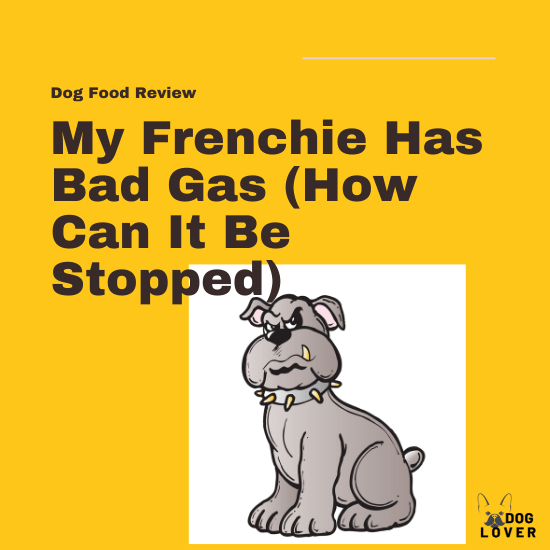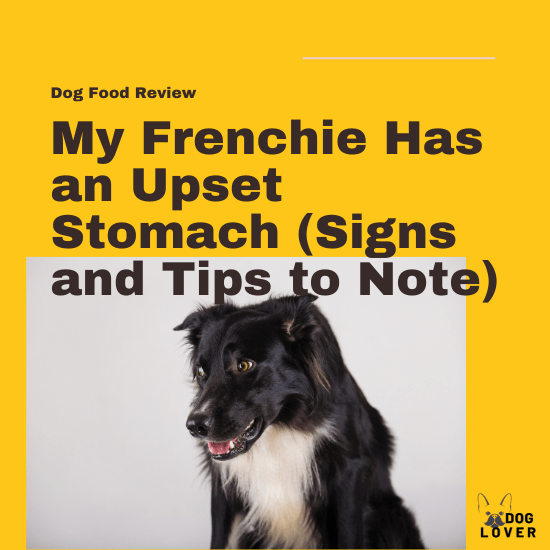Why won’t my dog eat?
As a dog parent, there’s nothing more worrying than watching your furry friend turn their nose up at a bowl of food.
If your pup is giving you the cold shoulder during mealtime, don’t panic! There are several reasons why dogs might suddenly become picky eaters.
Health Concerns: The First Thing to Check
Sometimes, food refusal is your dog’s way of telling you something isn’t right.
Dental issues can make eating painful – imagine trying to chew with a toothache! Gum disease, loose teeth, or mouth injuries can turn mealtime into a nightmare for your pooch.
Additionally, underlying health conditions like stomach upset, infections or more serious illnesses can dramatically reduce appetite.
The Psychology of Picky Eating
Dogs, much like humans, can be surprisingly emotional about their food. Stress, anxiety, or changes in their environment can completely kill their appetite.
Moving to a new home, introducing a new pet, or even loud construction noise can make your dog lose interest in eating. Some dogs simply get bored with the same old kibble day after day – wouldn’t you?
Feeding Habits That Might Backfire
Let’s be honest – we all love spoiling our dogs. But those extra treats and table scraps might be sabotaging their regular meals.
If your dog knows that refusing kibble might earn them a tasty human food reward, they’ll quickly learn to play the waiting game.
Check your food storage too – stale or expired dog food isn’t appetizing to anyone, four-legged or two-legged.
Practical Tips to Encourage Eating
- Veterinary Check-up: If food refusal lasts more than a day, consult your vet to rule out any medical issues.
- Make Food Exciting: Try warming the food slightly to enhance its aroma, or add a low-sodium broth to make it more appealing.
- Consistent Routine: Stick to regular feeding times and remove the food after 15-20 minutes if untouched.
- Gradual Changes: When switching foods, do it slowly by mixing the new food with the old, increasing the proportion over a week.
When to Worry
While occasional food pickiness is normal, prolonged refusal can be serious. Watch for these red flags:
- Significant weight loss
- Lethargy
- Vomiting or diarrhea
- Complete lack of interest in treats or favorite foods
Remember, every dog is unique. What works for one might not work for another. Patience, observation, and a bit of culinary creativity can help get your furry friend back to enjoying their meals.
Pro Tip: Sometimes, the solution is as simple as trying a different brand or type of dog food. Some dogs prefer wet food, while others might need a grain-free or protein-rich option.
Stay patient, stay observant, and most importantly – keep loving your four-legged friend through this food adventure!


